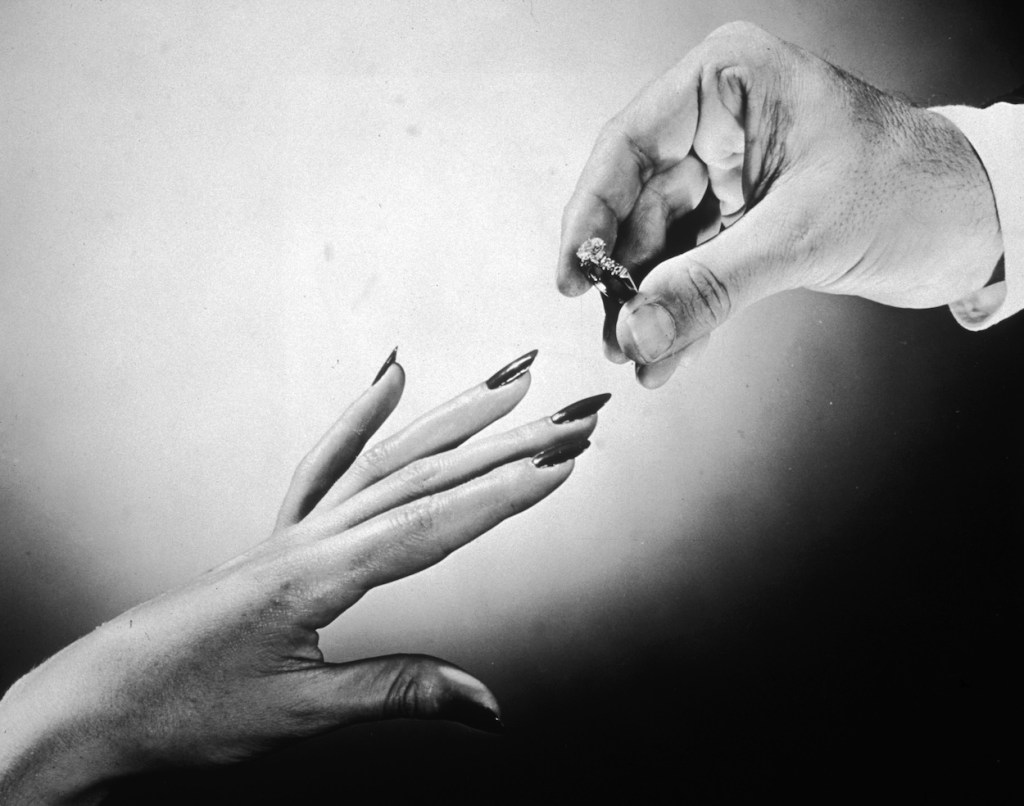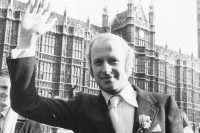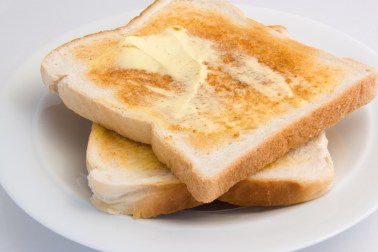If Home Secretary Yvette Cooper is seriously intending to crack down on ‘hateful and harmful opinions’ – as she has promised to do – she will no doubt need the help of a whole army of narks and snitches to keep tabs on such unwelcome views on social media and report them to the authorities. Fortunately, there is a clear historical example of mass state surveillance for her to draw upon. Indeed, by spooky synchronicity, the last time a senior government minister tried to regulate public opinion by decreeing what people could think and say, he bore the same surname as Ms Cooper.
The Tory politician Alfred Duff Cooper was made Minister of Information in Churchill’s wartime government in May 1940. With the threat of imminent Nazi invasion hanging over us, it was important for the government to know the state of public morale, so Cooper organised what was called a ‘Social Survey’ to find out.
As his volunteer spies fanned out across the country to question people in food queues and at bus stops, the press gave them a nickname that quickly caught on: ‘Cooper’s snoopers’. Such prying into people’s private opinions was widely deemed offensive, authoritarian and distinctly un-British. It was unpopular, Duff Cooper was soon shifted to another job, and the scheme was abandoned.
This was not the first time that a government had attempted to manipulate public opinion. Previous regimes had gone far further than Cooper’s snoopers in heavy handed attempts to repress views which deviated from government decreed orthodoxy.
The administration of our youngest ever prime minister, William Pitt the younger, who became PM at the tender age of 24, made a huge bonfire of traditional British liberties to counter the threat of invasion from Napoleonic France in the wake of the French Revolution.
Habeas Corpus, the traditional right of a British subject to be free from arbitrary arrest, was suspended, and a whole host of emergency decrees were passed. The Aliens Act forbade French revolutionaries from setting foot in Britain; the Seditious Meetings Act banned any gathering of more than 50 people demanding political reform; the Treasonable Practices Act outlawed any speech or writing that the government deemed treasonable. Finally, the Combination Acts branded illegal anything which the government disapproved of: from unlicensed underground newspapers, to discussing political change, to making excessive wage claims. By 1815, when Napoleon was finally defeated at Waterloo, Britain had become the very model of a modern police state.
Of course Pitt could plead – as Yvette Cooper cannot – that such repression was necessary so long as Britain faced a real threat of armed invasion from abroad and revolutionary uprisings at home. The Peterloo massacre of 1819 under the Tory government of Lord Liverpool, when militia men in Manchester rode into a peaceful crowd and put them to the sword, killing 18 and injuring hundreds more, and the Cato Street conspiracy of 1820, when armed revolutionaries meeting above a stable off the Edgware Road planned to murder the entire cabinet while they sat at dinner, proved that government fears of revolution were not entirely misplaced.
But it wasn’t just wicked Tories who cracked down on popular discontent. When faced with what they deemed to be existential threats, governments of all political stripes have acted ruthlessly to repress dissent. In August 1914, for example, four days after declaring war on Germany, the impeccably progressive Liberal government of H.H. Asquith passed the Defence of the Realm Act (DORA). Under this draconian measure the government was given virtually unlimited powers to do anything it liked to prosecute the war and attack the ‘enemy within’. Under DORA, private discussions about the war were banned if they undermined morale; anti-war activists like the philosopher Bertrand Russell were jailed; and pub opening hours were restricted – a measure that was not repealed until 1988.
Another restrictive measure that was swept away by the liberalising Thatcher government in the 1980s was the Exchange Control Act, passed by the Labour government in 1947. Designed to prevent a run on the pound, it was renewed by Harold Wilson’s Labour government in 1966. Under this, often more observed in the breach than obeyed, tourists going abroad were only allowed to take £50 out of the country, with an extra £15 pocket money if they behaved.
Until recent times Britain has prided itself on being the home of free speech and unrestricted expressions of opinion. ‘An Englishman’s home’ it was famously said, ‘is his castle’. The meek way that the public accepted and acquiesced to even the most absurd restrictions on their freedoms during the Covid outbreak demonstrated that our cherished self-image of being a liberty loving island of the blessed was merely a comforting myth. And if Yvette Cooper gets her way the last shreds of that illusion will no doubt be snatched away.







Comments